The Quest for Purity
Many journalists have written about outrage being the emotion du jour – or as Hugh Hewitt puts it, our current addiction. A few months ago, he wrote:
“…like the human pulse, it is nowadays a sign of life. Not to be outraged is to be almost disqualified in the eyes of many from being a participant in politics, even though the perpetually outraged fall across the political spectrum. Not only can they not imagine anyone not being outraged, they also can’t imagine any kind of outrage save their own.”
There are certainly plenty of reasons to be outraged. But being in a constant state of elevated anger, from one issue to the next, is ultimately self-defeating. It drives us into binary thinking not only about issues, but about people. (You are with us or against us.) And once in that space, we lose our capacity to distinguish nuance, texture, and difference; we shrink the gray zone, which is where we need to be operating; and most importantly, we squander the opportunity to gather new insights, expand our understanding, and build a viable, inclusive path forward.
Outrage can be valuable, when used judiciously. But when it is always turned on, it seems to bring forth a disquieting quest for purity. There is a growing intolerance of anyone whose thoughts, actions, and statements do not meet our criteria, as evaluated through our own lens. We don’t make room for the possibility that we may have misinterpreted someone, or not fully understood the multi-layered and complex context from which that person was speaking.
On a recent radio program, the left-leaning author Chimamanda Ngozi Adichie described an experience of being misinterpreted by those within her own political tribe, and being taken down publicly. She said: “The Left eat their own…” and then commented further on the intolerance of perceived variances in thinking.
Two weeks later, on a different radio program titled “Words You Can’t Say,” I heard the same statement made on the Right, by Dodie Horton, a Republican state senator. She said: “I was amazed to find that Republicans eat their own.”
In both cases, it had to do with language and a misinterpretation of a particular choice of words. In both cases, these people were hounded and intimidated for an interpretation that was imposed on them.
There is a disturbing blindness to this quest for purity. When we insist on processing what we hear through our own frame of reference, without considering and exploring the frame of the other, we miss complexity, nuance, and possibilities for creative solutions. In our well-meaning desire to elevate and improve our society, we inadvertently kill off that which will help it grow.
So, the next time someone says something that offends you, or that you find discordant in some way, ask an open-ended question before making a statement. It is harder to do than you think, because we are so used to responding with a statement (and often, a judgment).
Until and unless we develop the skill to explore someone else’s context in all its layers of complexity, we will miss one opportunity after another to broaden our understanding of the world we live in, and to expand our capacity to effect positive change for all.
———
Copyright © 2018 Sharon V. Kristjanson. All rights reserved.

